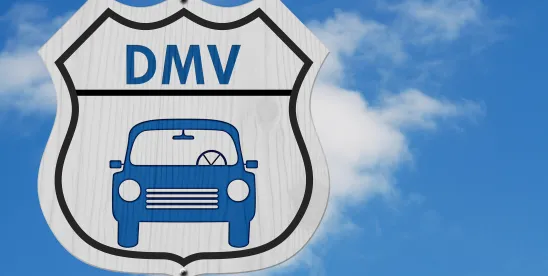Smishing schemes involving Departments of Motor Vehicles nationwide have increased. Scammers are sending SMS text messages falsely claiming to be from the DMV that “are designed to deceive recipients into clicking malicious links and submitting personal and/or financial information under false threats of license suspension, fines and credit score or legal penalties.”
The Rhode Island Division of Motor Vehicles (RIDMV) issued an alert to the public indicating that one of the smishing messages sent to drivers was a “final notice” from the DMV that states that if the driver doesn’t pay an unpaid traffic violation that enforcement penalties, including license suspension will begin imminently. The DMV warned drivers that the text message cites “fictitious legal code and link to fraudulent websites.”
The DMV warned drivers that the messages are not from the DMV and that it does “NOT send payment demands or threats via text message, and we strongly urge the public to avoid clicking on any suspicious links or engaging with these messages. Clicking any links may expose individuals to identity theft, malware, or financial fraud.”
The RIDMV provides these tips to avoid smishing scams:
- Do NOT click on any links or reply to suspicious text messages.
- Do NOT provide personal or financial information.
- Be aware that DMV related information is sent via mail, not text messages.
- Report fraudulent messages to the FBI’s Internet Crime Complaint Center (www.ic3.gov) or forward. them to 7726 (SPAM) to notify your mobile provider.
- Report the message to the FTC.
These tips apply to all drivers. No state DMV is sending a text message to drivers, so if you get one, it is surely a scam. Do not be lured into clicking on links in text messages for fear of license suspension or other actions by the DMV. If you get a text purporting to be from DMV alleging your license is at risk, don’t click on the link—it’s a smishing scam.



 />i
/>i
